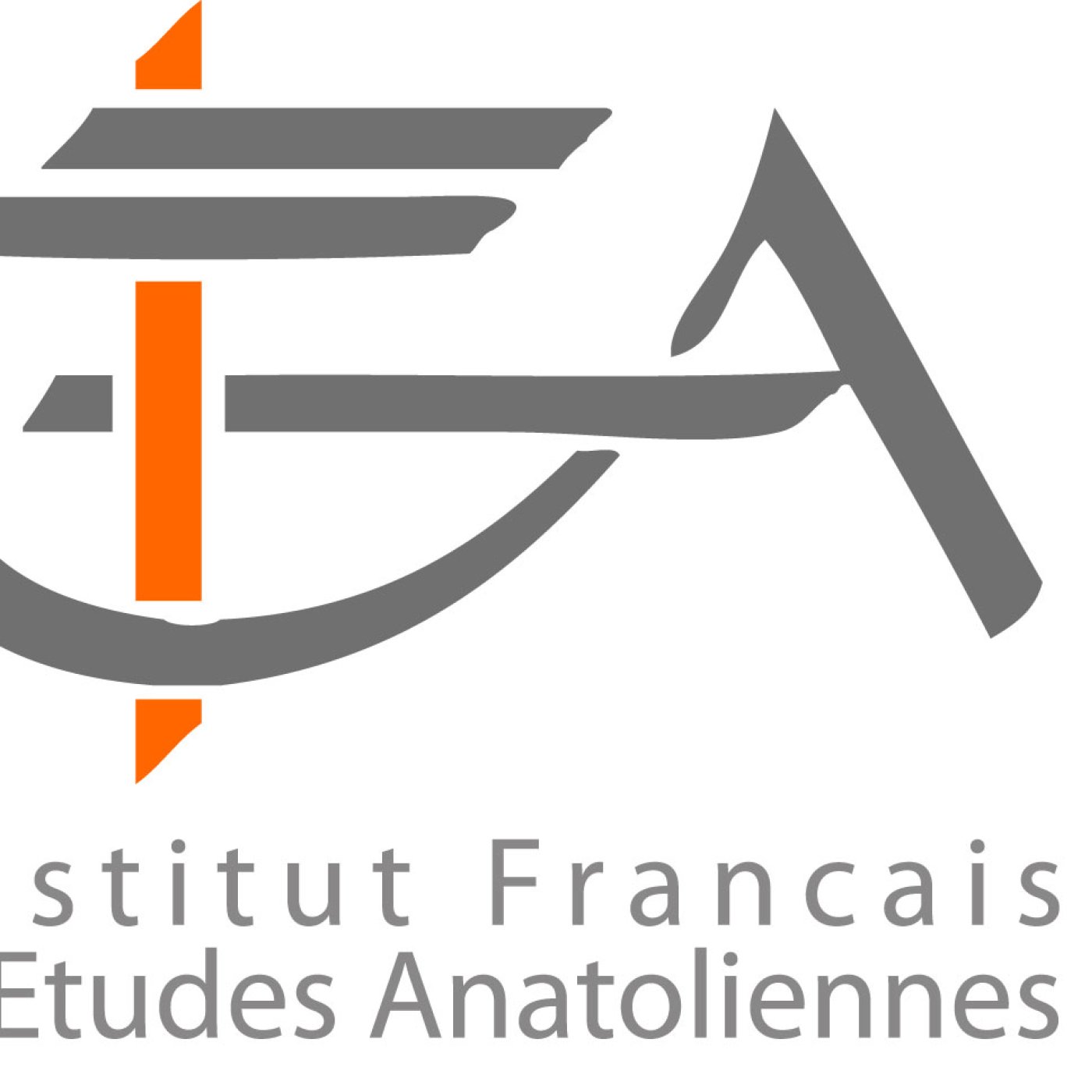Colloque - Arguing with numbers Quantification and its socio-political implications in contemporary Turkey

Interventions en anglais
En hybride
Organisé en partenariat avec l'IISMM et le CETOBAC
This colloquium invites young researchers at all levels (master, doctorate, post-doctorate) to share original research about the uses of numbers and their socio-political implications in the Turkish context, past and present. Numeric arguments are omnipresent in political discourse. As the time for Turkey’s presidential election approaches in the aftermath of the seismic crisis, this observation may become even more relevant. Figures and estimates on key ballot issues are generated, disseminated, and interpreted by a complex body of interconnected actors: pollsters, scholars, think-tank members, political party advocates, and so forth. Inflation, for instance, is a daily topic in mainstream newspapers. The ‘true’ numbers of inflation are calculated by economists and then shared by journalists in the public arena where they become the subject of heated controversies in board-rooms, coffee shops, and at dinner-tables. Competitive statistical narratives also circulate as executives and ordinary people seek to make sense of current trends and likely future scenarios. As some narratives win out over others, certain public institutions have been brought into disrepute; whereas, conversely, private expertise companies have acquired new levels of credibility and trust.
By organizing this colloquium, we wish to build a springboard for importing and discussing the numerous studies dealing with the social history of statistics (see Anderson 1988, Desrosières 2010 [1993], 2008a; Didier 2000; Wuthnow 2015; Labbé 2019), the socio-political life of numbers in the public arena (see Schweyer 1991; Porter 2017 [1995]; Desrosières 2008b, 2014; Bruno, Didier & Prévieux 2014; Gasquet et al. 2021), and the renewal of quantitative methodologies and techniques in the academic field (see Bugeja-Bloch & Couto 2021) along with their impact on reframing theories (see Field 2019; Bréchon & Zwilling 2020) and shaping state policies (see Aldrin 2010). Research on quantification and the social life of numbers has been fruitful in many parts of the world but has not yet been well established in Turkey. This event represents an effort to advance a scholarly conversation about the Turkish case, including the social history of ottoman and republican censuses (see Dündar 2001, 2005), statistics in relationto technopolitics and institutional reform (see Silverstein 2020), and the sociology of the public opinion and market research industry (see Abadan-Unat 1991).
This colloquium aspires to focus on a twofold research axis. On the one hand, we intend to dissect the chain of production of statistical artifacts that we are likely to encounter in our respective research areas. This focus entails a genealogical endeavor. To prevent the risk of anachronism or teleology, we encourage pragmatist approaches that examine each step of the quantification process as a practical and contingent accomplishment. Chronological patterns should therefore be embedded with grounded accounts of quantification as a social activity undertaken by specific actors (interviewers, pollsters, statisticians...), integrated into various institutional networks (companies, think-tank, NGOs, administrations...), on particular objects (public opinion, social attitudes, political trends...), by relying on evolving techniques (sampling, questionnaire design, data collection...), and requiring a handful of aptitudes (counting, calculating, estimating, predicting...).
On the other hand, we wish to study the social life of statistical artifacts, narratives, and arguments inasmuch as they provide inputs for engaging in public controversies. What kind of public issues catalyze or magnetize statistical disputes within fields as various as, for instance, state policy, administration of religious affairs, or social movements? And how discourse and collective action are framed and reframed regarding competitive figures on controversial issues such as inflation, immigration, work-related accidents, natural hazards, or feminicides?





Détails
| Date de l'événement | 28/09/2023 |
| Date de fin | 29/09/2023 |
| Places | Illimitée |
| Inscrit.e.s | 0 |
| Date limite d'inscription | 27/09/2023 12:00 pm |
| Lieu | IFEA |




